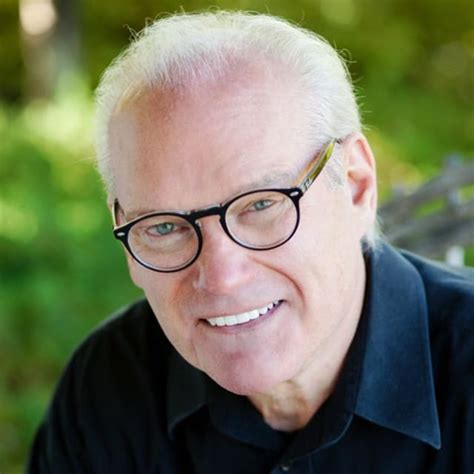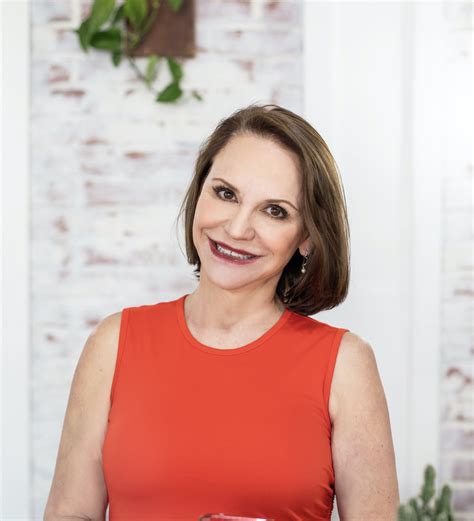A Quote by Chris Pavone
Having 'The Expats' not be 'wholesale-y' rejected by the world made it possible for me to write the second book and have a publisher buy it before it was entirely written. And it made it easier for me and my publisher to get 'The Accident' out into the world without trying to convince people to pay attention to it the way you do for a first novel.
Related Quotes
I didn't write professionally at first. It took me nine years to get anything published. At the beginning I mostly wrote picture books, which were rejected by every children's book publisher in America. The first book of mine to be accepted for publication was ELLA ENCHANTED, and not one but two publishers wanted it. That day, April 17, 1996, was one of the happiest in my life.
As soon as I finished 'The Finkler Question,' I was in despair. I'd changed my English publisher because they'd been lukewarm about it and not offered enough money. The American publisher didn't like it. The Canadian publisher didn't like it... I'd been bleeding readers since my first novel, and I could see my own career going down.
No publisher should ever express an opinion on the value of what he publishes. That is a matter entirely for the literary critic to decide. I can quite understand how any ordinary critic would be strongly prejudiced against a work that was accompanied by a premature and unnecessary panegyric from the publisher. A publisher is simply a useful middle-man. It is not for him to anticipate the verdict of criticism.





































